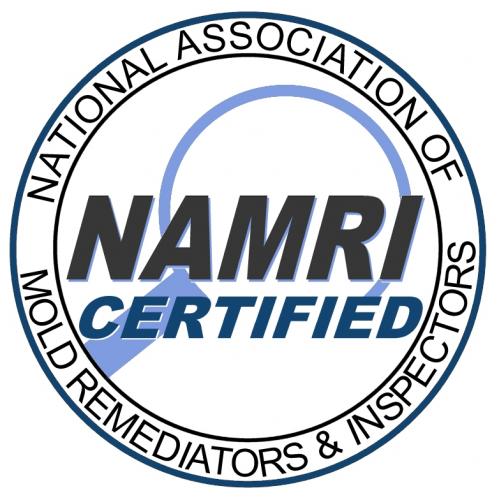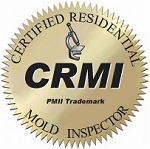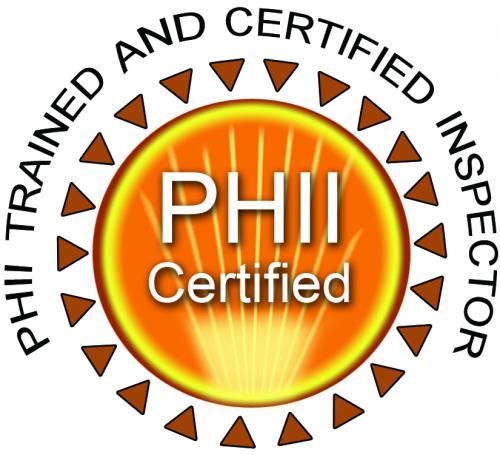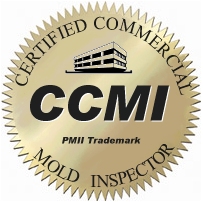|
Inspections that can save your home and your life!
Submitted by JonathanMeeker on Sat, 10/23/2010 - 15:08.
Jack Frost may not be nipping at your nose yet, but September is the perfect time to inspect your home for winter. Tackling outdoor fall maintenance now could save you thousands of dollars and hundreds of headaches later on.
When it comes to home maintenance, the cost of restoring often exceeds preventative care, according to certified home inspector Keith Swift, PhD, author of the Manual for a Happy Home. And that's because what may be only a small problem now could become a big one later. Neglecting to clear a leaf-choked gutter could result in wood rot and spread mildew. A poorly maintained heating system may eventually spew toxic fumes or stop working entirely on a cold day. And cracks in walls and windows (besides creating nasty drafts) are an open invitation to pests and water.
Annual fall maintenance is more than convenience; it's also a smart investment strategy. According to Nick Gromicko, founder of InterInternational Association of Certified Home Inspectors (InterNACHI), many homeowners are getting their homes professionally inspected in the fall and keeping a running record. "Everyone needs a history of their home," says Gromicko, "and when you go to sell, having one could make or break the deal. It helps prospective buyers see evidence of the repairs you've made over the years." Every time you make repairs or renovations, it's a good idea to take a video or photo of the results and save the details in your computer. InterNACHI provides an online database where customers can store the results of yearly inspections.
Although you should call a specialist for certain jobs (Swift recommends getting heating systems checked annually by an expert), here are jobs you can do yourself. Clean gutters and drainage spouts. Protect yourself first by always wearing gloves—animals or insects can hide in gutters. A gutter scoop is a convenient tool for removing leaves and other debris. Then place the garden hose in the downspout to flush it out.
Inspect your roof. Look for signs of deterioration (loose shingles, rotting wood, cracks, etc.). Carefully trim heavy branches that are hanging over your roof. (A falling branch could hurt someone, cause a blackout or damage your roof. If you're using your chimney, flying sparks could possibly ignite overhanging branches.) If the branches are near power lines, call a professional tree-trimming company to do the trimming; they may need to ask your power company to temporarily disconnect your power before they start working.
Check all windows and doors. Remove summer screens and install storm windows and doors. Inspect and repair any loose or damaged windows or door frames. Install weather stripping or caulking around windows and doors to reduce drafts too. If you discover signs of deterioration such as moisture on surrounding walls or dry-rot damage, call a certified home inspector or restoration specialist immediately.
Clean your heating system. Replace the filters in your furnace. (Swift recommends doing it monthly if you have allergies.) Check for air leakage around the joints. And consider having an air-conditioning and heating specialist check your entire system before winter sets in. If you don't already have one, install a carbon-monoxide detector near all appliances that burn fossil fuel, but be sure you install it in an area where you'll hear the alarm if it's triggered.
Check the smoke detector. Some people wait until they reset their clocks during Daylight Savings Time to inspect their smoke detectors, but if you missed it in the spring, don't wait another month—check them now. Press the button to make sure it beeps and replace batteries if necessary. Most smoke detectors signal with an automatic beep when the battery gets low, but it's always good to check on an annual basis. Smoke detectors should be replaced every 10 years; batteries should be replaced every six months.
Secure the cracks. From skunks to insects to other critters, your home can fall prey to unwanted invaders. Before they start seeking shelter from the cold, inspect the perimeter of your house for cracks or holes where they could enter and then seal well. Clean and lubricate the garage-door hinges, rollers and tracks to make sure the door closes securely. If you detect evidence of animal activity, such as urine odors, unexplained gnaw marks, feces or footprints, consult an exterminator.*
Safety Tip: Experts—from fire chiefs to home inspectors—advise investing in stand-alone smoke and carbon-monoxide detectors. (That is, avoid buying them as a combo unit.) The reason? Both smoke and carbon-monoxide detectors, especially the more sensitive units, could go off falsely and unfortunately, annoyed homeowners may disable them. In the case of combo units, disabling one detector also disables the other, thereby eliminating protection against both fires and carbon monoxide. Always investigate an alarm even if it seems false; the detector may be picking up on threats which may not be easily visible to you. On the other hand, too many false alarms from a unit may indicate a need to replace it.
Submitted by JonathanMeeker on Sat, 10/23/2010 - 15:08.
|
Free recall check on all
appliances with each inspection!
    200% Guarantee DetailsOur 200% guarantee is so straight forward there is no need for fine print or searching endlessly…Here are the details in the front page;
If at time during inspection and before delivery of the report you do not like our services, what we are doing or any other matter, just tell us and we will leave..no questions asked. We will not charge you for the trip, time or anything else. We will then pay up to $300.00 for another inspector of your choice to come and complete your inspection upon presentation of their bill or receipt! |










Comments
Post new comment